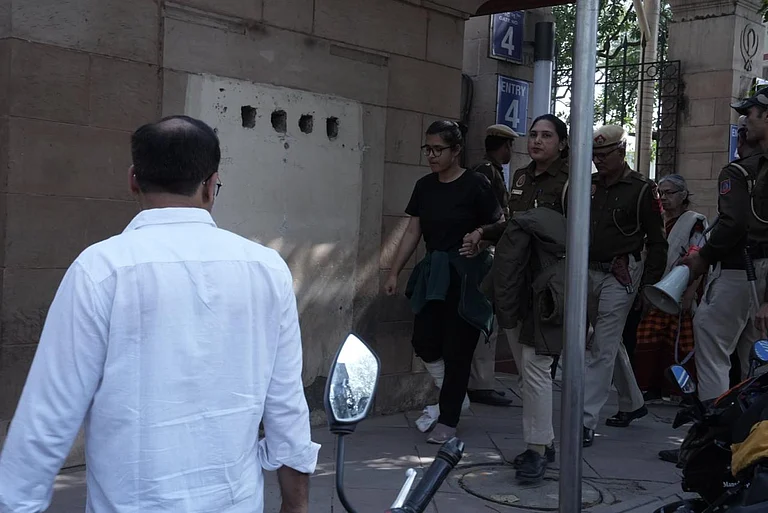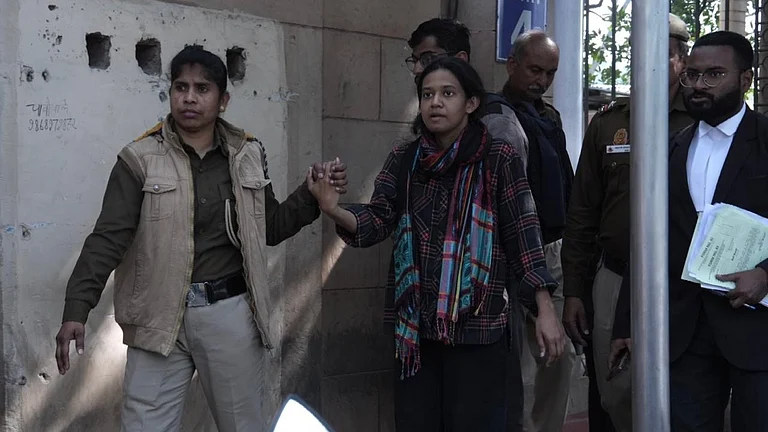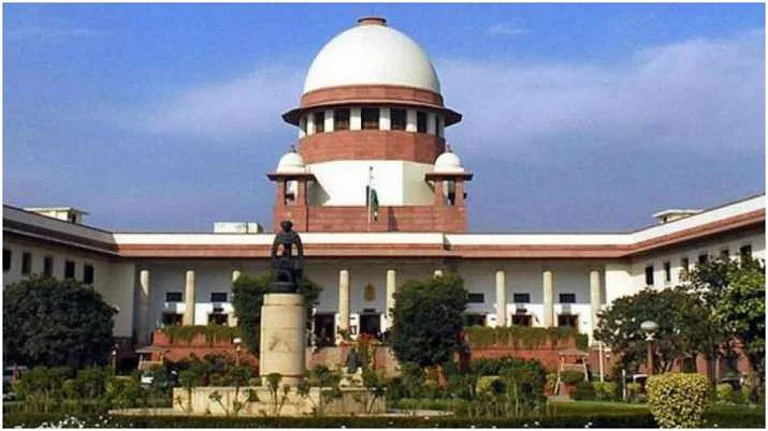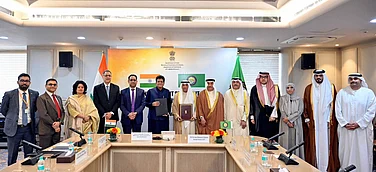The Supreme Court on Monday rejected the State Bank of India’s (SBI) petition seeking more time till June 30 to submit the details of the electoral bonds scheme to the Election Commission of India. The five-judge bench ordered the bank to disclose the details by “the close of business hours” on March 12. The judgement comes a week after intense arguments in the top court in which the bench scrapped the contentious electoral bonds scheme calling it “unconstitutional”. It had observed that anonymous electoral bonds are violative of freedom of speech and expression and given time till March 13 to the SBI to submit the details.
Over the past few months, the Supreme Court has passed several important verdicts that dealt with constitutional rights and misuse of power. While some were in favour of the government, others came to favour the people and their rights.
Here are five major judgements passed by the Supreme Court in recent months:
On Electoral Bonds Scheme
In a landmark verdict on February 15, a five-judge constitution bench comprising CJI Chandrachud, and Justices Sanjiv Khanna, BR Gavai, JB Pardiwala and Manoj Misra scrapped the Centre's electoral bonds scheme that allowed anonymous political funding, calling it "unconstitutional" and ordered disclosure by the Election Commission of the donors, the amount donated by them, and the recipients by March 13.
Advocate Harish Salve, appearing for State Bank of India had sought an extension of three months citing the lengthy process of matching the details of donors with the donee. However, the court said that it had not directed the bank to do that but simply to “open the sealed cover, collate the details and give the information to the Election Commission.”
The EB scheme, notified by the government on January 2, 2018, was pitched as an alternative to cash donations — the norm earlier followed by political parties — to bring in “transparency” in political funding, and curb black money circulation.
On Chandigarh Mayoral Poll Results
On February 20, a division bench led by Chief Justice of India (CJI) DY Chandrachud and comprising Justices J.B. Pardiwala and Manoj Misra came down heavily on Presiding Officer Anil Masih and declared Aam Aadmi Party-Congress alliance’s candidate Kuldeep Kumar as the new mayor of Chandigarh.
Setting aside the results declared on January 30, the court had ordered Masih’s criminal prosecution for allegedly giving a false statement before it and his "misdemeanour" during the counting of votes.
On Remission To Bilkis Bano Gangrape Convicts
On January 8, in a highly-anticipated judgement, the Supreme Court overturned the May 2022 Gujarat government order that granted en masse remission to 11 convicts in the Bilkis Bano gangrape and murder case, ordering them to be sent back to prison. The case involved the alleged gangrape of Bilkis Bano and the murder of seven members of her family during the 2002 Gujarat riots.
The bench of Justice B V Nagarathna and Justice Ujjal Bhuyan held that Gujarat government had “usurped” power that it did not possess and criticised the convict and the government for not bringing to the top court’s notice that the 1992 remission policy did not apply to the 11 convicts.
On Chief Election Commissioner and Election Commissioners
On February 13, the Supreme Court to pass any interim orders staying the operation of the new law by the Union government on the appointment of Chief Election Commissioner (CEC) and Election Commissioners. Despite the top court’s order in March last year directing the Prime Minister, the leader of the opposition in Lok Sabha and the CJI to be on the panel to pick CEC and ECs, the Union government had dropped the Chief Justice from the list.
According to the law it passed, "Chief Election Commissioner and other Election Commissioners shall be appointed by the President on the recommendation of a Selection Committee consisting of — (a) the Prime Minister — Chairperson; (b) the Leader of Opposition in the House of the People — Member; (c) a Union Cabinet Minister to be nominated by the Prime Minister — Member."
Challenging this, Advocate Prashant Bhushan, representing the Association for Democratic Reforms (ADR), highlighted that the general elections were near and Election Commissioner Anup Chandra Pandey was retiring. What came as a surprise to many, a few weeks later, Election Commissioner Arun Goel also resigned, just days before the dates for Lok Sabha elections were expected to be announced. As of now, the Supreme Court has posted the matter for hearing in April again.
On Right to Privacy of Adolescents
On December 8, the Supreme Court took suo motu cognizance of a Calcutta High Court judgement observing that judges should not “preach and express personal views” while dealing with cases.
The Calcutta High Court, in its October 18, 2023, judgement about a case of kidnapping and sexual assault for marriage, had stated that "every female adolescent should control sexual urge as in the eyes of the society she will be the looser when she gives in to enjoy the sexual pleasure of hardly two minutes." For male adolescents, the high court had said that they should "respect the duties of a young girl” and “train his mind” to respect a woman, her dignity and privacy.
To this, the Supreme Court bench comprising Justices A S Oka and Pankaj Mithal said it was prima facie "highly objectionable, completely unwarranted and in violation of Article 21 of the Constitution". The court appointed Advocate Madhavi Divan as Amicus Curiae.






















